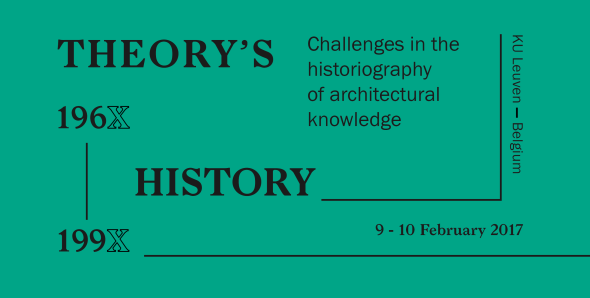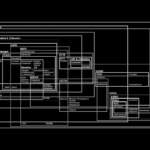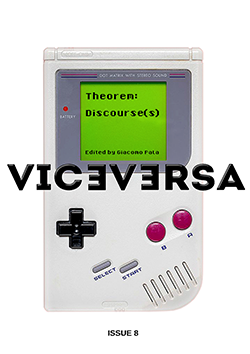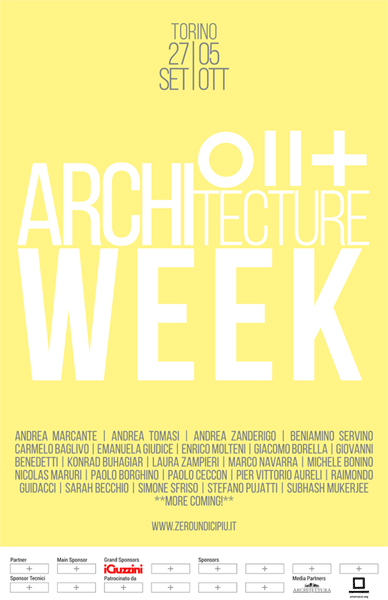Theory’s History 196X-199X | Call for Papers

International conference | 9-10 February, 2017 | Brussels
In recent international literature addressing the history of 20th century architectural theory, the year 1968 is indicated as a decisive moment, giving rise to a ‘new’ architectural theory. From that moment onwards, emphasis was no longer placed on the aesthetics of architecture, but on its critical potential. Yet, according to some scholars, this intensification of theory was short-lived. A presence of coexisting and even contradictory paradigms derived from very different epistemic domains (anthropology, philosophy, linguistics, social sciences, etc.) led to a setback of theory, resulting in an end-of-theory atmosphere in the 1990s.
It is not a coincidence that the so called death of architectural theory concurred with the upsurge of anthologies on architectural theory that collect and classify referential texts. Instead of burying theory, these anthologies had an additional effect, namely to institutionalise it. In other words, they offered both closure to a past period and also defined the locus of a next period of theorisation, invoking a ‘historical turn’. At the same time architectural discourses, and especially architectural historiography, were engaging with new theoretical fields such as gender studies or postcolonial studies, giving rise to a continued production of theoretically informed books and articles.
The goal of this conference is to discuss the methodological challenges that come along with this historical gaze towards theory, by focusing on the concrete processes in which knowledge is involved. By screening the unspoken rules of engagement that the accounts of post-war architectural theory have agreed to and distributed, we want to point at dominant assumptions, biases and absences. While anthologies inevitably narrate history with rough meshes, we believe it is time to search for those versions of theory formation that have slipped through these nets of historiography, in order to question the nature of theory and the challenges it poses to historians. How do you do historical research on something as intangible as theory, or in a broadened sense, the knowledge of architecture?
We are in other words not only interested in what theorists and practicing architects were arguing for, but also how, why and where they did so. Looking at case-studies, the singular and ‘minor’ expressions of theory, the local discourses and the different formative contexts (e.g. education, publication culture) can be subjected to careful scrutiny. We particularly welcome case-studies from the 1960s to the 1990s that deal with one or more of the following topics:
A) THE PLACE OF KNOWLEDGE
1. Theory’s Geography
2. The Expressions of Knowledge
3. The Agendas of Theory
B) THE FIGURE OF KNOWLEDGE
1. Minor Historiography
2. The Making of the Architectural Theorist
C) THE TIME OF KNOWLEDGE
1. Problems of Periodization
2. Architectural Theory and Postmodernity
3. Problems of Historical Distance
GO TO THE OFFICIAL CONFERENCE WEBSITE
This two-day conference aims to bring together both young and established scholars from every discipline that is able to engage with the topics outlined above. Confirmed keynotes are Joan Ockman, Ákos Moravánszky and Łukasz Stanek.
We’re happy to receive abstracts of up to 300 words until the 15th of June, 2016. Abstracts will be anonymously reviewed by an international scientific committee. Authors will be notified of acceptance on the 15th of July 2016. In order to provide a solid conference, we expect full papers one month in advance of the conference, i.e. 1st of January, 2017.
Please note that there will be a conference fee for participants of maximum €150 and a reduced price for students.
Related Posts
Questo sito usa Akismet per ridurre lo spam. Scopri come i tuoi dati vengono elaborati.








Lascia un commento